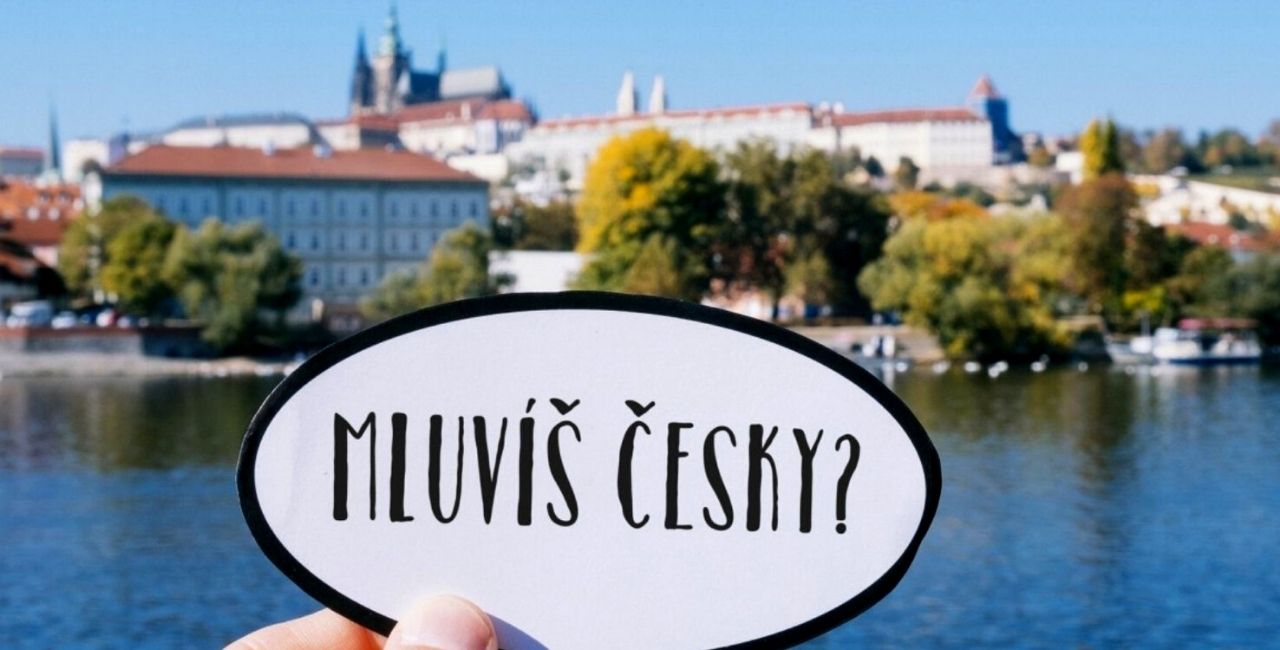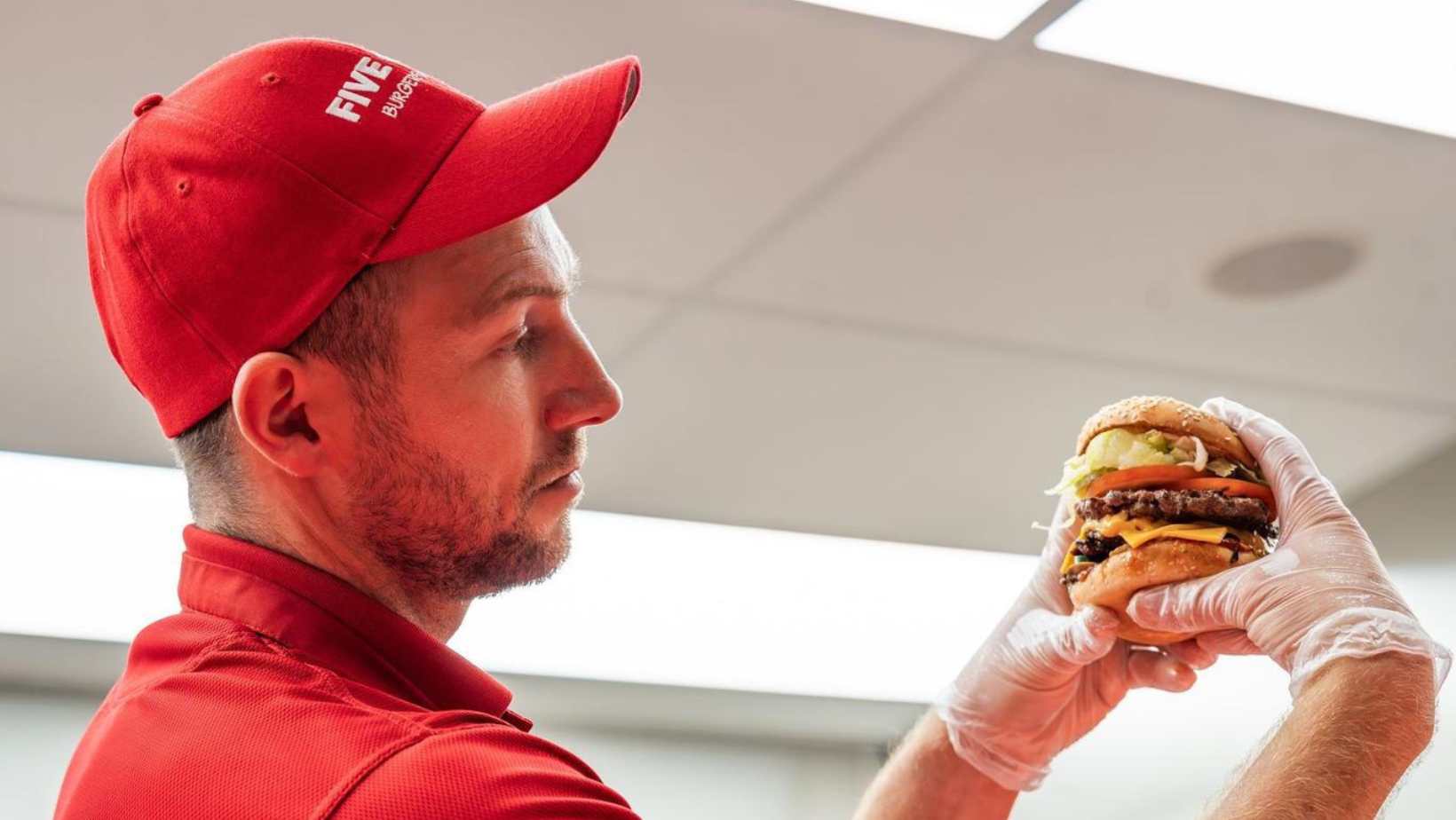No matter your mother tongue, as a foreign language learner you will sometimes encounter “false friends” — expressions or words which look or sound similar in different languages, but differ significantly in meaning.
The Czech language features a number of words that seem to have an English equivalent, but actually mean something completely different…
The ones below can have particularly tragic results if confused:
Closet vs. Klozet
In English, a storage room. In Czech, a toilet. Thankfully, Czech usage isn’t very common; toaleta and záchod are more often used when referring to a restroom.
Angina vs. Angina
Be very careful with this one: if your Czech doctor diagnoses you with angina, you don’t have the English version, acute chest pain that may precede a heart attack. Instead, you have tonsilitis.
Preservative vs. Preservativ
Don’t put these on your toast: the English-language term for an additive used to preserve food (like jams) actually means condom in Czech (and Spanish, French, and other languages).
Chef vs. Šéf
In English, the head of a kitchen, or anyone who is cooking. In Czech, however, the same-sounding term refers to any boss. The 2014 movie Chef was confusingly translated as Šéf.
Pollution vs. Poluce
They sound the same, but the English term for introducing a harmful substance into the environment refers in Czech to a “wet dream”: the emission of ejaculate during sleep.
Curve vs. Kurva
Be very careful here. The innocent English term for something that doesn’t follow a straight path is actually a derogatory Czech word for a prostitute.
Camera vs. Kamera
Well, this one seems easy enough, right? Wrong! Kamera, in Czech, only refers to video cameras. The term for still camera is fotoaparát.
Penis vs. Peníze
Add that e at the end, and the English term for male anatomy actually means money in Czech. It doesn’t help that the Czech word for the male member is a true friend, penis. Watch your pronunciation here.
Actual vs. Aktuální
In English, actual refers to the real, literal, and factual; in Czech, it means topical or current, in the news sense (a popular Czech news outlet is named Aktuálně.cz). Not to be confused in the era of fake news.
And while US readers & listeners won’t be bothered, a note for those from the UK: čipsy refer to crisps in Czech, while pudink refers to custard.
-
NEWSLETTER
Subscribe for our daily news










